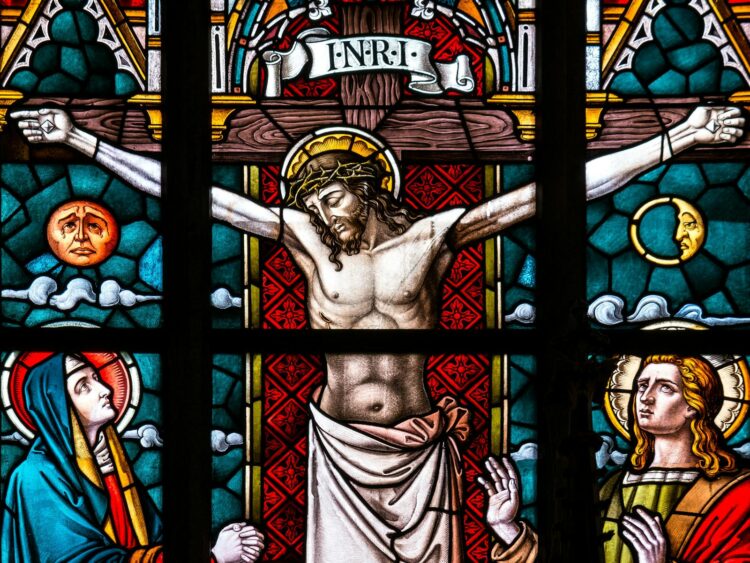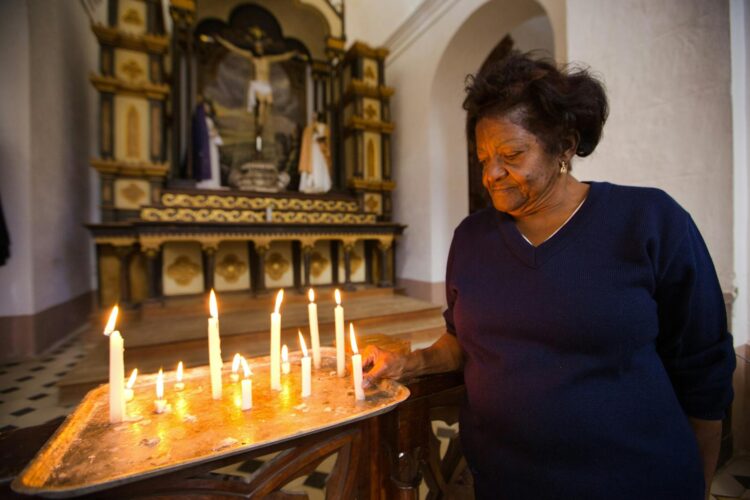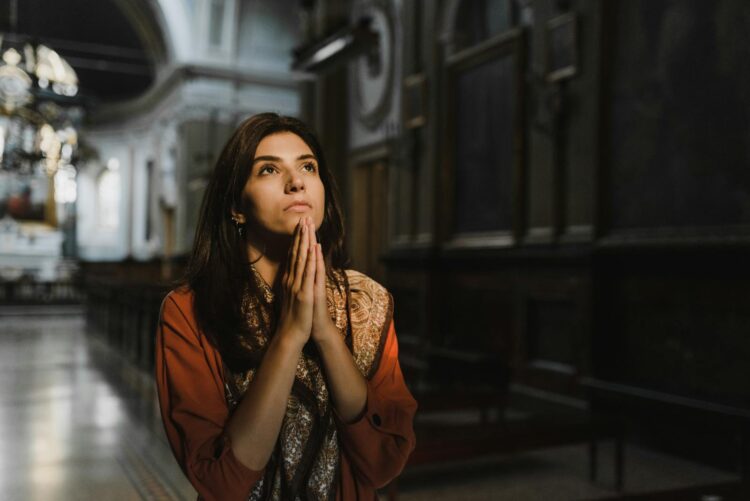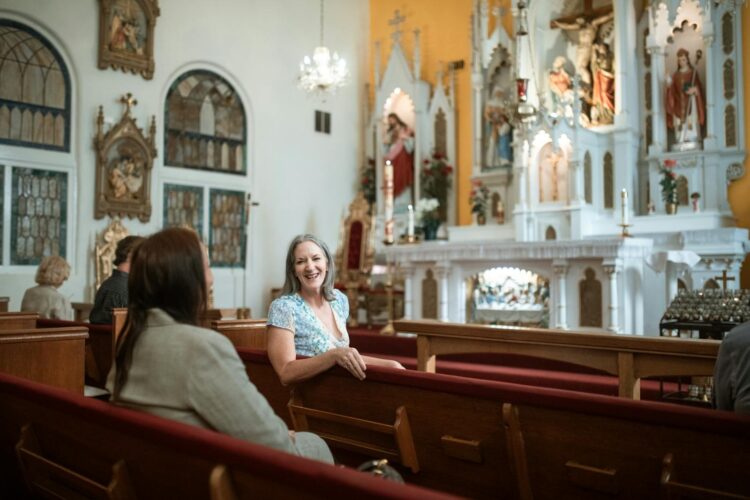
Conversations between believers and nonbelievers can be fascinating, but they can also be full of misunderstandings. Faith is deeply personal, and when seen only from the outside, it can look very different from how it feels to someone who lives it every day. Many atheists are respectful, but some carry mistaken ideas about what faith means and how it works in people’s lives.
Faith Is Not Blind

A common mistake is thinking that faith is simply shutting your eyes and believing without reason. For many people, faith is built on reflection, tradition, and personal experience that feels just as real as anything physical. It isn’t about ignoring facts but about trusting in something bigger than oneself. Calling it blind misses the depth behind why people hold to a belief.
Believers Are Not Anti-Science

Some atheists assume that religious people reject science altogether, but that isn’t true. Many believers embrace medical advances, admire space exploration, and respect scientific discoveries while still holding faith. They see science and faith as different lenses rather than enemies. Suggesting that Christians, Muslims, or others can’t appreciate science reduces the complexity of how people balance knowledge with belief.
Religion Isn’t Just About Rules

From the outside, religion can look like a list of dos and don’ts. For people who practice it, faith is about hope and connection. The rules are only a small part of the picture. What really matters is how faith gives comfort and strength in hard times. It’s not just about control, and reducing it to that misses the real meaning.
Faith Doesn’t Always Mean Literalism

Not every believer takes their scriptures word for word. Many see them as stories with history, poetry, and meaning beyond the surface. Some atheists assume every Christian believes the Earth is only a few thousand years old or that every Muslim follows every verse in a strict way. In reality, people read and interpret their faith in very different ways.
People Don’t Believe Just Out of Fear

It’s very easy to think that faith survives only because people are scared of hell or punishment. While fear might play a role for some, the deeper pull comes from love, hope, and a sense of belonging. Many believers stay because faith gives them peace, joy, and purpose. Reducing it to fear alone ignores the positive and deeply human reasons behind belief.
Faith Is Not Opposed to Reason

Some people think faith and reason can’t exist together, but that’s not true. Believers use reason at work, in their relationships, and in daily life just like anyone else. They don’t stop thinking when they pray or go to church. For many, faith adds meaning on top of reason. Saying faith makes people irrational and ignores how people actually live and think.
Believers Are Not All the Same

Some atheists assume all religious people think and act the same, but that’s far from true. Faith looks very different depending on culture, tradition, and even personal choice. A Catholic grandmother in Italy won’t practice like a Baptist teenager in Texas or a Sufi poet in Turkey. Ignoring that variety makes it easy to fall into unfair generalizations about believers.
Religious People Can Question Too

Some people think believers never doubt or ask hard questions, but that’s not true at all. Many spend years reflecting, reading, and even struggling with what they believe before finding some peace. Faith doesn’t make doubt disappear—it teaches people how to live with it. Saying believers never question themselves ignores the personal journeys that shape how they see God.
Faith Brings More Than False Comfort

The idea that religion is nothing more than a “security blanket” misses its depth. Faith doesn’t erase suffering or magically fix problems, but it helps people face them with strength. For believers, prayer and worship are not about escaping reality but about finding the courage to endure it. Calling it false comfort oversimplifies what faith truly offers during hard times.
Morality Isn’t Limited to Atheism

Some atheists argue that morality doesn’t need God, which is true—but then they assume believers only act kindly because of religion. That ignores the reality that faith inspires compassion, generosity, and service in countless ways. Religious people don’t love their families or care for strangers only because a book told them to. Morality is lived, not just instructed.
Believers Aren’t All Intolerant

There’s a stereotype that religion automatically makes people narrow-minded, but it’s totally false. Faith has also inspired movements for justice, equality, and peace. From abolition to civil rights, people of faith have stood on the front lines of change. Intolerance exists, but it isn’t the whole story. Assuming all religious people are judgmental erases the good that faith communities have brought to the world.
Faith Isn’t Just About the Afterlife

Some atheists think believers only practice because they want to reach heaven or avoid hell. But for many, faith is about how they live right now. It shapes how they treat others, how they see purpose in daily life, and how they handle grief. The hope of eternity matters, but it isn’t the only reason faith feels important.
Not All Believers Reject Doubters

It’s common to hear that religious people cut off anyone who disagrees with them, but that isn’t always true. Many churches and communities welcome honest discussion, and friendships between believers and atheists exist peacefully. Some believers even enjoy debating because it sharpens their own perspective. Assuming faith always builds walls around people ignores how much dialogue and openness really happen.
Faith Is Not Always About Power

Some atheists view religion only as an institution used for control, pointing to corruption or abuse of power. While those realities exist, faith at its core is much more personal. It’s about how an individual connects to God, family, and meaning. Millions of believers practice without any tie to power or politics. Reducing it to control misses the everyday reality of lived faith.
Believers Are Not Afraid of Reality

Some assume that people of faith can’t face reality as it is. But believers also grieve, suffer loss, and confront the same hardships as we all do. Their faith doesn’t erase reality but helps them guide it. Suggesting that religion is only for those who can’t handle life overlooks the fact that faith actually builds in people facing hard truths.

